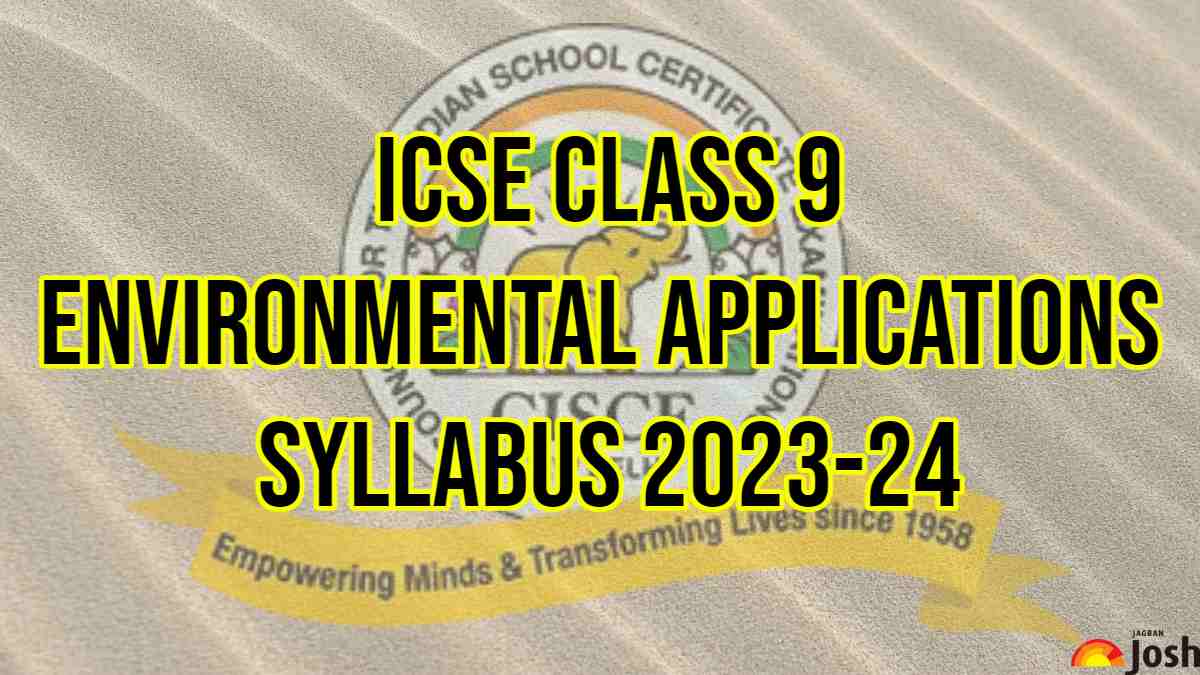MP Police Constable Syllabus and Exam Pattern 2023: Check All Details Here
[ad_1] The Madhya Pradesh Professional Examination Board, conducts the MP Police Constable recruitment in two…
[ad_1]

(a) Agriculture
Case Studies
(i) Public Distribution Systems (PDS).
(ii) Alternatives to PDS like the targeted PDS.
(iii) Starvation in Orissa & Andhra Pradesh.
(iv) Agricultural practices of a small and large farmer.
(b) Towards a world without hunger Project
Is bio-technology the answer to the world’s food problems?
Case Studies
(i) The case of Bt Cotton.
ii) Terminator and traitor technology.
(iii) The case of golden rice.
(iv) Bio-piracy.
Mapping – What I can do
By the end of the year the students would have gained exposure to various environmental issues. It is important for them to find personal solutions to many of the problems as this will empower them to find creative solutions to larger issues and the learning can be solution-centred rather than problem-centred. There are many areas listed which fall within the students’ scope of intervention. The students can be invited to choose the areas they would like to invest in.
(i) In my home.
a. Energy consumption -projects to minimise, eliminate, use alternate sources.
b. Fossil fuel usage – minimise, use public transport, cycle.
c. Water consumption.
d. Sourcing food items – organic, farmer, small retailer, large corporation and supermarket.
e. Sourcing clothes – handloom, mass-produced machine loom goods, branded products, imported clothing, and designer wear.
This is just a sample list to show possible personal initiatives.
(ii) In my school.
a. Carrying out paper audits.
b. Minimising or avoiding plastic altogether.
c. Making school a litter-free zone or plastic-free zone.
d. Planting and taking care of trees, herb gardens, and vegetable gardens.
e. Maintaining patches of land.
(iii)In my neighbourhood.
a. Help in teaching underprivileged children.
b. Work with preventive health care and basic first aid.
c. Sanitation- learning about and promoting low-cost decentralised systems.
d. Rainwater harvesting- setting up pits.
e. Separation of garbage – vermicomposting of bio-degradable waste.
f. Spread awareness of the four R’s -Reduce, Reuse, Recycle, Refuse.
g. Care for neighbourhood animals – Rabies shots, deworming, feeding, etc.
[ad_2]
Source link